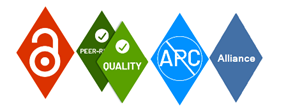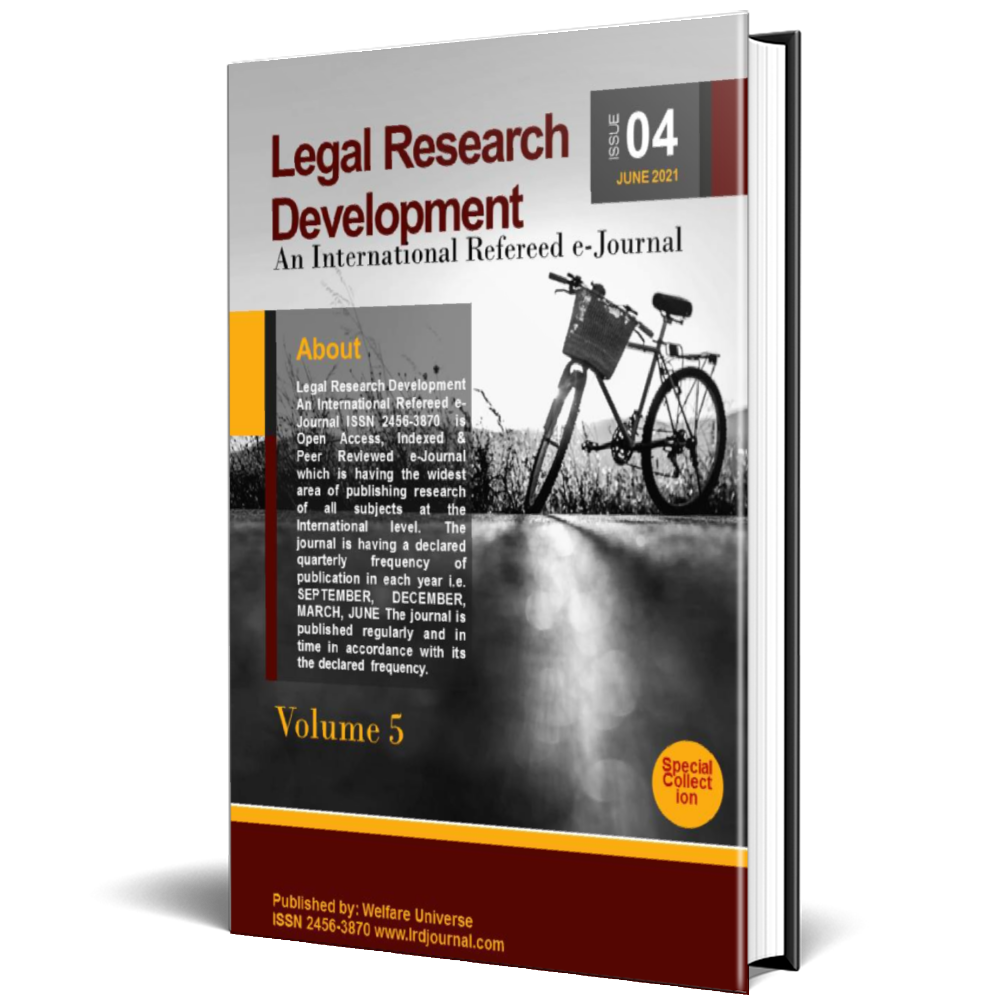Empowering Muslim Women in Indian
DOI:
https://doi.org/10.53724/lrd/v2n3.05Keywords:
Empowerment of muslim Women, Muslim Women empower through Judicial Decisions, Maintenance of Muslim Women, Divorce and Muslim WomenAbstract
Women have become equal partners in many ways at all levels community. The future will see many women going to normal places ruled by people. Various social reformers have tried to raise public conditions legal women and legal cases have played an important role in her development. Due to global cohesion, women have left their traditional activities building a house and raising children in resolving social and business solutions. But the community has become it is even more unsafe for women who do not have to change And talking about Islamic Muslim rights is a way to go back there It is a conflict between his rights and his own law. We are a proud nation claims that he has the highest human rights in the world, which guarantees the protection of equal rights to all our citizens while holding fast the high flag of being a nation. However, under all sharp claims, are wounded by the abuse of discrimination and abuse personal laws that divide the basis for equality in our great nation built up? The most abusive way of oppressing Muslim women based on the past is a damaging practice of Talaq triple or more known as "a quick divorce." Then there are his rights to obtain, care, maintenance, etc. where there is direct discrimination. List has never been to eliminate the point of empowering and protecting its rights.
References
Dhruba Hazarika, „Women Empowerment in India: A Brief Discussion‟, International Journal of Educational Planning & Administration, vol. 1, (2011), p. 200.
Abdul Waheed, et. al., „Empowerment of Muslim Women in India: A Sociological Analysis‟,
U/S 125(b) of Cr.P.C. „ A wife includes divorced wife and has not remarried.
Supreme Court’s landmark judgment on Triple Talaq August 2017.
Lynn Welchman, „Women and Muslim Family Laws in Arab States- A Comparative Overview of Textual Development and Advocacy‟, ISIM Series on Contemporary Muslim Societies, Amsterdam University Press, USA, p. 93.
Downloads
Published
How to Cite
Issue
Section
License
Copyright (c) 2018 Legal Research Development: An International Refereed e-Journal ISSN: 2456-3870

This work is licensed under a Creative Commons Attribution-NonCommercial 4.0 International License.










